Content hub
A wealth of advice and information on VOC and SVOC analysis.

Unlocking the secrets of flavour - VOC profiling for food quality and authenticity
LCGC: The Column, June 2025
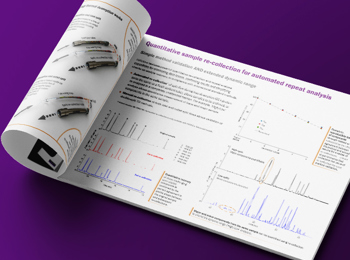
Automated HiSorb high-capacity sorptive extraction for Centri 90
Explore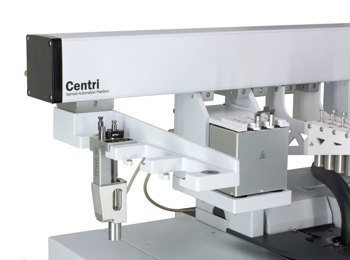
Expanding automated sorptive extraction capabilities for GC–MS
Automated high-capacity sorptive extraction enhances GC–MS sensitivity, throughput, and flexibility.
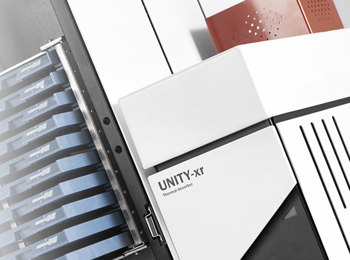
Can Markes’ TD instruments be used to analyse PFAS in air?
Explore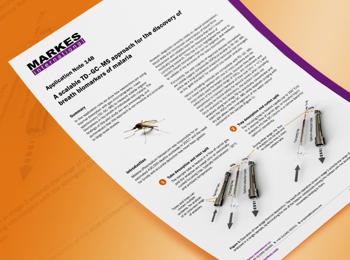
Is PFAS contamination a problem when using Markes’ TD instruments to analyse airborne PFAS?
Instant Insight 009
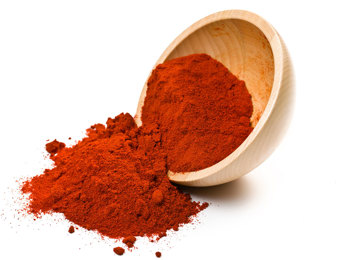
Detecting adulterated paprika: Food authenticity and quality assessment
30 May 2025

Advancing atmospheric research in India using solvent‑free, cryogen-free thermal desorption
Physical Research Laboratory (PRL), India

How to switch from helium to hydrogen carrier gas for thermal desorption – safely and confidently
Expert FAQs covering the key considerations for switching carrier gas in thermal desorption workflows

Enhancing SPME analysis of foods and beverages with cryogen-free trap focusing
Application Note 289
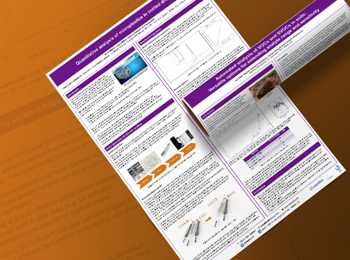
Breathing easy: Advanced monitoring of airborne chemical hazards using thermal desorption−gas chromatography
Presented at Pittcon, USA, 2025

Fully automated, cryogen-free analysis of ethylene oxide residues in medical devices by multi-step enrichment-headspace-trap
Presented at Pittcon, USA, 2025

Powering the future: Advancing volatile chemical measurement in energy gases and alternative energy sources
Presented at Joint Workshop EMN, Netherlands, 2025
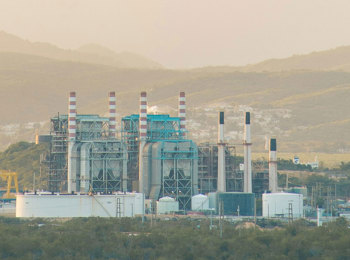
Fundamentals of environmental air monitoring: Overcoming challenges in VOC analysis with advanced GC–MS techniques
Practical strategies for robust VOC air monitoring with advanced GC–MS.

Switching to hydrogen carrier gas: An analyst’s guide to GC–MS method conversion
Discover the critical steps in implementing a hydrogen carrier gas GC-MS workflow and the benefits it offers as a sustainable solution.

Monitoring volatile gases released during PFAS destruction in accordance with US EPA OTM-50
Application Note 177
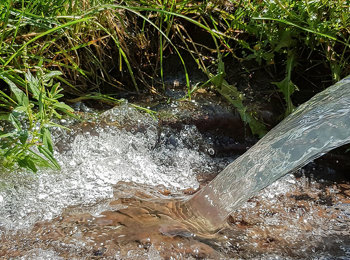
Automating headspace–trap for the routine screening of environmental toxins in wastewater
M42, Abu Dhabi, UAE

Improving moisture management and increasing sample throughput for environmental air monitoring
Enthalpy Analytical, USA

Expanding the sample extraction toolkit for food analysis by GC–MS
Discover the critical steps in implementing a hydrogen carrier gas GC-MS workflow and the benefits it offers as a sustainable solution.




